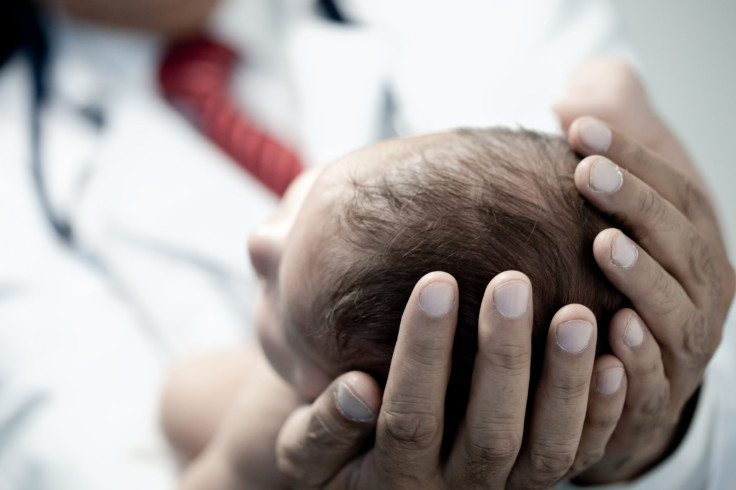Home Birth Offers Many Risks With Little Benefit: How Home Deliveries Can Lead To Long-Term Disability In Children

Home birth is gaining in popularity in the U.S., but new research found that the risk may not be worth the benefit. A report published this week in the Journal of Medical Ethics focused primarily on how being delivered at home can impact children in the future, finding that home births increases the risk of babies developing a long-term disability.
“Having a home birth may be like not putting your child’s car seat belt on,” the researchers wrote. “Most children will be unharmed. Some trips are very safe. And wearing a seat belt will not remove all risk of injury or death… But on balance it is much safer with a seat belt.”
The main problem with home births, according to the report, are the limited resources available to moms-to-be and their midwives if something goes wrong during delivery. The possibility of delay between a medical complication and reaching the hospital for urgent medical care is essentially too much of a risk, the researchers say. The time spent getting to an emergency care facility could place the health of the baby at risk for many years following their birth. “Vital delays are inevitable in some cases,” said the researchers. “These can lead to disability, which was avoidable if the delivery had occurred in hospital.”
Though home births give mothers the comfort of wearing their own clothes, being in a familiar environment, and controlling their labor position, most women opt to deliver their babies in a hospital for the security of knowing there’s a full staff that can handle any medical complication that may occur. And according to the Centers for Disease Control and Prevention (CDC), less than one percent of women gave birth to their children at home between 2004 and 2009. But for so few home births to occur in the U.S., the rates of neonatal complications and death are quite alarming.
Last year, a study of 146,752 women in the Netherlands who had low-risk pregnancies found that two out of every 1,000 women died during home birth and over 50 percent experienced hemorrhaging or extreme blood loss. Giving birth in the hospital reduced the risk of these severe complications by about 26 percent. Another study last year found that babies born at home were more than three times likely to experience neonatal seizure.
Though these studies focus on the possible negative effects of home birth, experts say that not all home births are bad. Parents-to-be should simply educate themselves on all of the possible options before deciding on a home delivery. “It’s not necessarily so that home births are bad, but women need to think about the trade-offs,” said Dr. Yvonne Cheng, who led a study on home births last year. “Home births have fewer interventions, but the baby is at higher risk. And obstetric problems are often emergencies.”
Source: Savulescu, J. De Crespigny, L. Homebirth and the Future Child. J Med Ethics. 2014.
Published by Medicaldaily.com



























